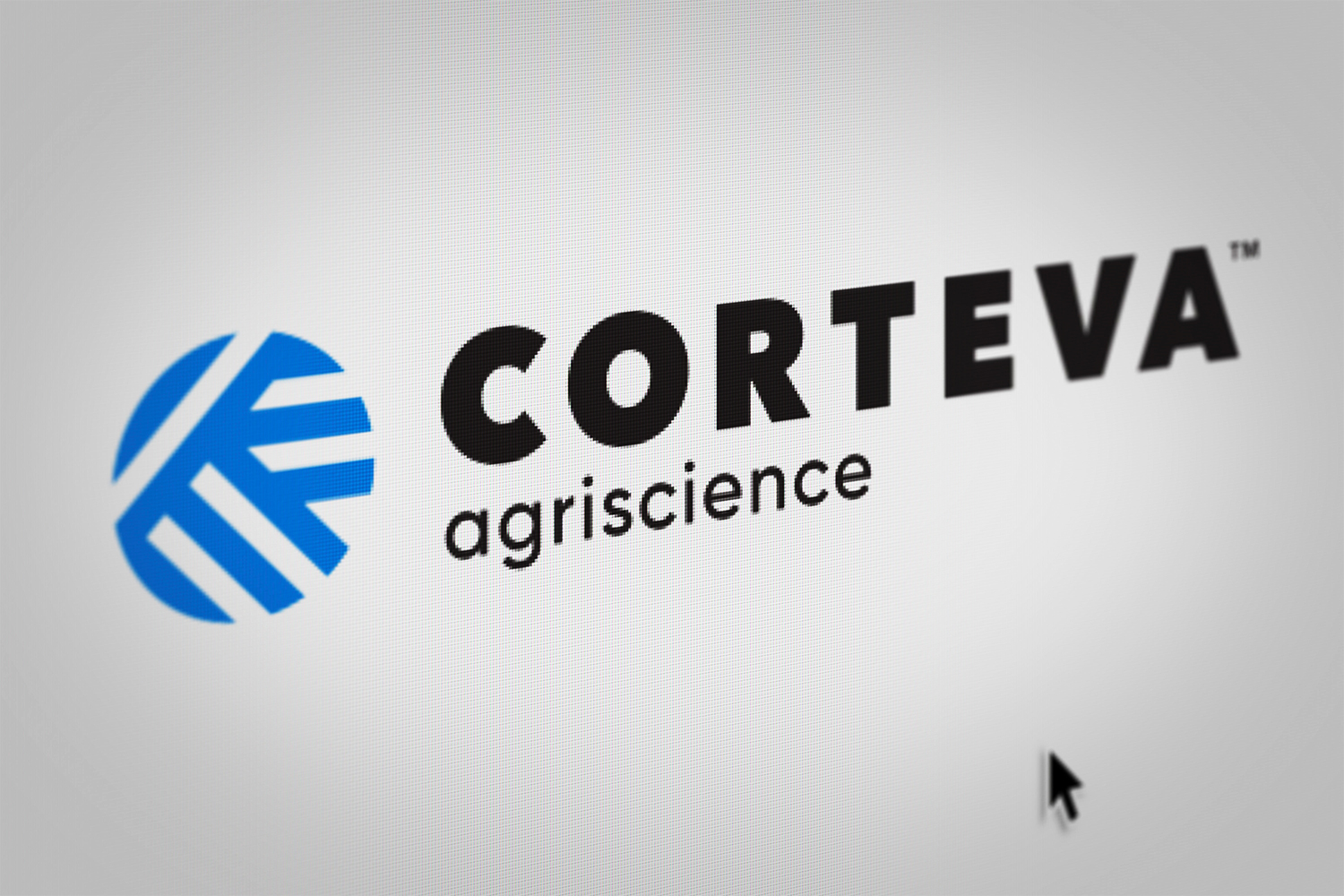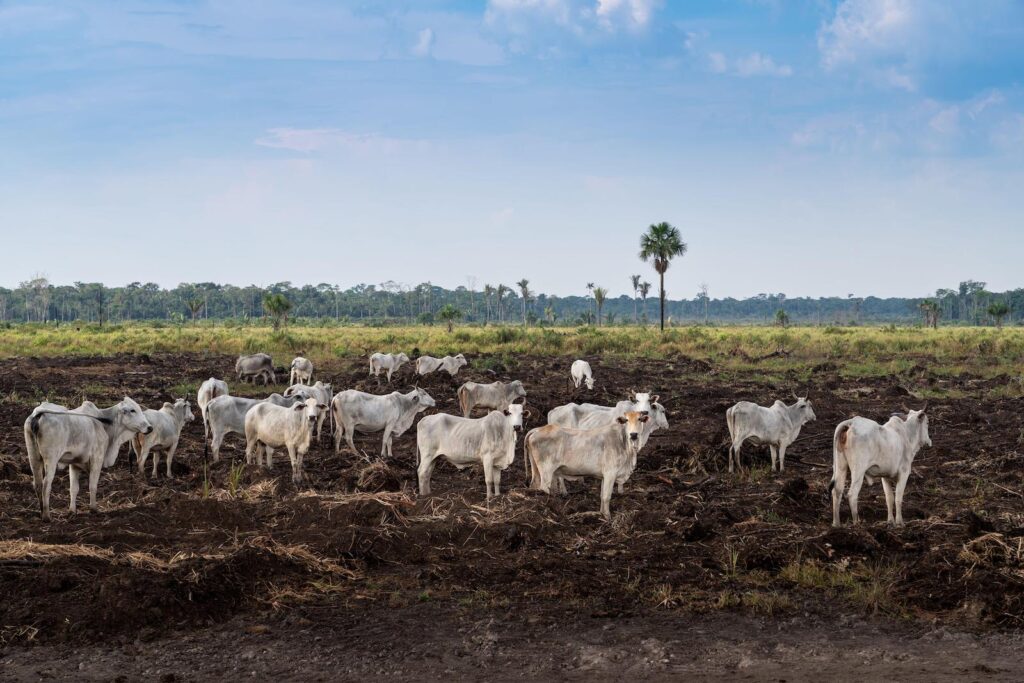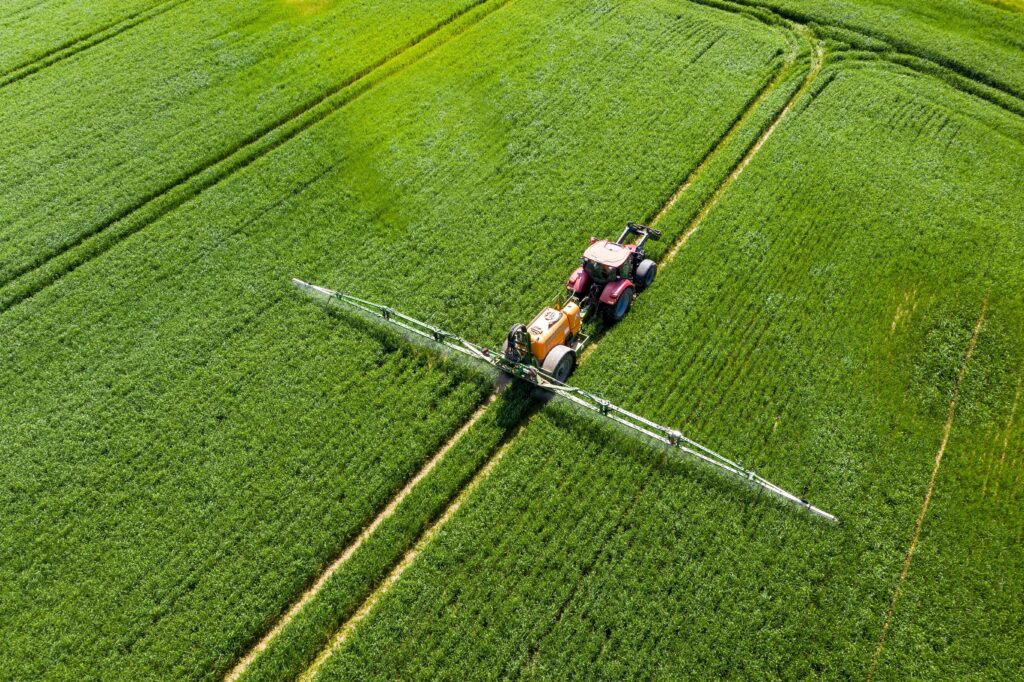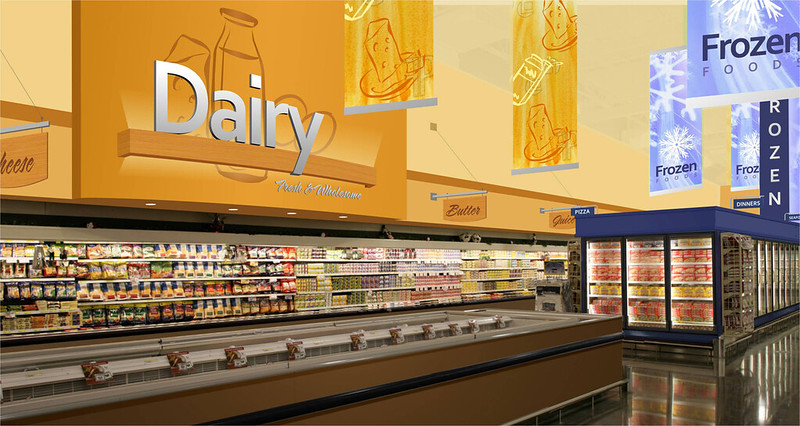The BBC has been accused of “selling the public’s trust” by producing “totally biased” documentaries on the future of sustainable food sponsored by Corteva, one of the world’s largest pesticide firms, potentially in breach of the broadcaster’s editorial guidelines.
The “Follow the Food” documentaries, which featured a total of 28 episodes over three series, showcase “solutions” to climate breakdown, biodiversity loss, and food security in the farming sector.
Sustainable farming advocates have criticised the content for favouring industrial agriculture, which is heavily dependent on chemical pesticides and fertilisers. They expressed shock that the BBC did not widely interview critics of the controversial technologies featured, including those used and sold by Corteva.
Corteva is the fourth largest pesticide company worldwide, with annual revenues of $17.5 billion in 2021. It generates almost a third of its sales from pesticides considered highly hazardous to the environment, animals or human health, according to analysis of data from 2018 by Unearthed, Greenpeace’s investigative unit.
The Follow the Food content gave a “totally biased” picture of global food problems, said Emile Frison, a leading sustainable food expert.
“A public service should not be in bed with a pesticide company to produce these kinds of films,” he told DeSmog. “These companies are very good at convincing farmers that without pesticides, they won’t be able to have a decent harvest”.
Corteva has previously said that it supports removing harmful pesticides from the market when necessary.
Follow the Food is currently available on the BBC Future website, and has been promoted by the BBC on social media, without any mention in the UK of the commercial partnership with Corteva.
The BBC claims that it had “full editorial control” over Follow the Food. However, an award submission by BBC StoryWorks – a studio that produces paid content for commercial clients – shows that the Follow the Food was tailored to hit key performance indicators and meet specific “objectives” for Corteva, potentially in breach of the BBC’s editorial guidelines.
The award submission claimed that the BBC applied its “lens” to the project, which “[focused] on the client’s objectives and what our audiences would want to know about a sustainable food future, to create an end-to-end strategy for Corteva Agriscience”.
The BBC’s editorial guidelines state that editorial content must not become “a vehicle for the purpose of promoting the sponsor”.
Environmental journalist Amy Westervelt told DeSmog that these sort of partnerships are “selling the public’s trust”. Corporations are able to piggyback on the BBC’s reputation to “lend them credibility”, she said.
The BBC and other publications increasingly need to raise money from corporations, she said, “making it possible for the media to be used as a disinformation tool”.
The BBC maintains that it followed its editorial guidelines at all times.
Over 65 million people watched the first two series of Follow the Food. The first series alone was found to increase the likelihood of a viewer recommending Corteva by 345 percent, according to BBC StoryWorks.
The partnership was found to have “significantly improved Corteva Agriscience’s brand perception as prestigious and high quality, being seen as an industry leader”, the BBC StoryWorks award submission concluded.
Impartiality and the BBC
The Follow the Food content includes over 10 hours of documentary time in three separate series, which originally aired live on BBC World News. These documentaries are now hosted in a “digital hub” on bbc.com, alongside 26 articles.
Corteva was marked as the sponsor of the content when it was first aired on BBC World News, and is marked as the sponsor when the digital hub is accessed outside the UK.
However, corporate branding is absent when the digital hub is accessed from within the UK, leaving domestic viewers ignorant of the fact that Corteva sponsored the content.
A BBC spokesperson defended this labelling on the grounds that the content qualified as editorial. “The BBC does not allow sponsorship on its UK public service platforms. Follow the Food was an international editorial series, subject to the same editorial guidelines as any other piece of BBC content, and the BBC had full editorial control. Sponsors cannot and do not feature within such content. Sponsorship and advertising are only permitted adjacent to content on the BBC’s commercially-funded platforms outside of the UK and are always clearly labelled as such.”
However, it appears that Corteva did significantly influence the nature of the BBC’s output – potentially contravening the BBC’s editorial guidelines.
In BBC StoryWorks’s submission to the 2020 ‘Corporate Influencer’ award run by the World Media Group, it acknowledges that Corteva had a direct impact on the nature of the content.
BBC StoryWorks said that it aimed to “create end-to-end strategy for Corteva Agriscience”. In order to hit Corteva’s key performance indicators (KPIs), it said, “the content needed to be impactful, reaching as many people as possible with a truly multi-platform, global approach, and appealing to audiences around the world, opinion leaders, business decision makers within the relevant industries, and to farmers across the United States”.
It added that: “we had to ensure that Follow the Food sat at the heart of bbc.com, seamlessly integrated within our digital audience’s user journeys, surrounded by commercial placements and branded content promotion for Corteva Agriscience”.
The claim that Corteva’s requirements shaped the series would appear to be a breach of the BBC’s editorial guidelines, which state that, “Political, commercial, financial or other interests must not influence, or be reasonably perceived as having influenced BBC editorial judgements”.
The documentaries were aired between June 2019 and June 2022, predominantly presented by renowned botanist James Wong.
‘Launching Onto the World Stage’
Corteva – the name of which is said to be derived from words meaning ‘heart’ and ‘nature’ – was created by chemical giant Dow DuPont in 2018 and spun off as its own commercial entity in June 2019, the same month that Follow the Food initially aired.
The BBC StoryWorks award submission stated that: “Corteva Agriscience wanted to launch themselves onto the world stage with a global announcement, with the aim of swiftly establishing themselves as a leader in the agriscience industry”.
Du Pont has faced billions of dollars in lawsuits since the late 1990s over the risk of disease from its use of the chemical, PFOA, including a class action in 2018 filed on behalf of everyone in the US with detectable levels of PFOAs in their blood. The company has consistently denied any wrongdoing.
The dedicated Follow the Food page on the BBC website – which is accessible in the UK – attracted 5.6 million video views within the first eight weeks of being launched, according to BBC StoryWorks.
A “tailored” social media campaign also accompanied the documentaries. This campaign had the aim of “promoting both the editorial series Corteva Agriscience were sponsoring, and the brand films we had created for them [Corteva], encouraging a deeper sustained relationship between Corteva Agriscience and the audience”.
These “brand films” were 12 documentary-style advertorials for Corteva shown on BBC World News in commercial breaks for the Follow the Food documentaries. The BBC collaborated with PR firm Ogilvy on the sponsored content, with the advertorials produced in partnership with The Creative Engagement Group, a communications company.
The social media campaign generated 56 million clicks on the BBC’s Follow the Food page, BBC StoryWorks claims.
We can’t think of a better way to celebrate #WorldFoodDay than learning more about where your food comes from. Watch #FollowtheFood – a special on the #pandemic, premiering tonight on BBC. https://t.co/48dItOoyBg pic.twitter.com/EwTrv1dhjs
— Corteva Agriscience (@corteva) October 19, 2020
Follow the Food was also shortlisted for World Media Group’s ‘Social Good’ award category in 2021, and was used as a case study in a 2021 BBC News Global report on how it was contributing to the broadcaster’s sustainability objectives.
On its website, BBC StoryWorks boasts that it leverages the reputation of the BBC – “our century-long pedigree as the world’s most trusted storytellers” – to create stories for commercial clients “that move and inspire curious minds, across platforms and across the globe”.
Jennifer Jacquet, Associate Professor in the Department of Environmental Studies at New York University, told DeSmog that, “It’s really disappointing to see the BBC giving away its credibility in this way to corporate partnerships”.
Corteva’s Controversial Farming Technologies
Follow the Food showcases “new technologies and innovative ways of farming” that it says could help to solve issues like global hunger and soil decline.
Many technologies included in the show are unproven and widely disputed, but it appears that Follow the Food did not widely interview critics.
Follow the Food also repeated the contested claim that food production needs to be increased in order to address food insecurity and population growth, despite a growing body of research that points to the need to address poor diets, malnutrition, and inequitable distribution, rather than the total quantities of food consumed and produced.
Pat Mooney, member of IPES-Food and executive director of technology watchdog ETC Group, said that although new farming technologies had exciting potential, it was “naïve” of the BBC to ignore their limitations.
Corteva is directly involved in developing a number of the technologies featured in the BBC documentaries. These include precision farming – which involves the use of satellites, sensors and other technologies to monitor farms – and gene editing, a form of genetic engineering that involves inserting, replacing or deleting a DNA sequence within seeds or animals to make farming more efficient.
Corteva owns several precision-farming technologies – a market which is expected to grow to over $20 billion by 2030 – and is among the largest gene editing companies in the world.
Proponents of these technologies say they could enable significant reductions in pesticide and fertiliser use, as well as helping farmers to adapt to changing climates.
However, critics argue that they are designed for industrial monoculture farming (intensive production focused on a single crop). They warn that both the technologies and the farming systems they support will perpetuate the use of harmful chemical fertilisers and pesticides.
Mooney said that the BBC was “irresponsible” for marketing Corteva “under the pretence of trying to address an urgent human crisis”.
Corteva generates more than $5 billion in sales from pesticides each year, including from products believed to harm foetuses, bees and aquatic life. Researchers believe pesticides may become unusable over coming decades as growing numbers of insects, plants and fungi develop resistance.
The firm’s best-selling products include cyproconazole, a fungicide that is considered by EU regulators to be harmful for reproduction and to unborn children. The chemical amassed $144 million in sales for Corteva in 2018, the most recent year for which data is publicly available.
The company is also a member of the influential pesticide trade group CropLife Europe, which has lobbied against green farming reforms in the EU.
“Corteva is trying to improve its public image at a time of growing recognition that it has a huge hand to play in biodiversity loss, soil depletion and risks to human health,” said Nick Mole of Pesticide Action Network.
“On the grounds of impartiality I don’t think the BBC should be employed as a de facto advertising company. I think that breaches the BBC’s groups for impartiality. It makes absolutely no sense”.
Growth of Corporate-Media Partnerships
Follow the Food is the latest in a series of controversial advertising campaigns from well-respected media outlets.
The Washington Post and the New York Times are among those to have provided sponsored advertising packages to fossil fuel giants including ExxonMobil and Shell.
Like the BBC, both publishers have commercial arms that produce sponsored content and advertorials in their house style.

BBC StoryWorks has produced a range of other sustainability-focused stories in association with big brands, including big banks and car companies. Unlike Follow the Food, a number of these stories are not available to watch or view in the UK. According to the BBC’s 2021/22 annual report, BBC Studios – which includes StoryWorks – earned £1.1 billion in the year.
Peter Newell, Professor at University of Sussex on environmental politics, called on the BBC to investigate how Follow the Food had been left unlabelled on its UK site. He said it is essential that media outlets clearly distinguish between news and sponsored content and that this kind of advertising “muddies the waters” between “propaganda” and journalism.
Amy Westervelt believes this kind of publishing should end, but that in the meantime strict editorial standards must be applied. “Properly labelling sponsored content is the lowest possible bar”, she said.
Corteva and James Wong did not respond to our requests for comment.
Subscribe to our newsletter
Stay up to date with DeSmog news and alerts







